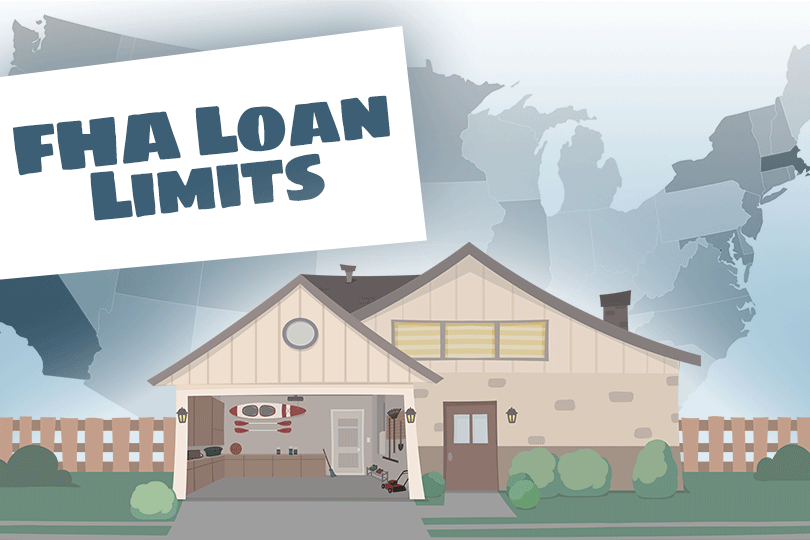FHA Loan Limits For 2025 Are Going Up
December 9, 2024
FHA Loan Limits For 2025
In most places, the FHA loan limit for a single-family home in 2025 is $524,225. This is more than it was in 2024. However, in expensive areas, where houses cost more, the limit can be as high as $1,209,750.
If you want to buy a place with more than one home in it, like a duplex or a small apartment building, the limits are higher:
- Two homes: $671,200
- Three homes: $811,275
- Four homes: $1,008,300
- House prices: When FHA loan limits are reviewed, the cost of houses in your area is scrutinized. If prices go up, the limits may go up, too.
- Location: Places where houses are more expensive may feature higher limits.
- Number of living units: The more units in the home, the higher the limit.
Also, because FHA loans often require smaller down payments than regular loans, these higher limits make it easier for some to become homeowners.
Implications for Borrowers
The upward adjustment of FHA loan limits for 2025 offers advantages for prospective homebuyers:
- Enhanced Purchasing Power: Higher loan limits help borrowers to compete more effectively in today's housing market, particularly in areas experiencing significant price changes.
- Expanded Financing Options: Elevated loan limits translate to a broader array of financing options for borrowers. Increased flexibility allows house hunters to tailor their mortgage selection to specific financial circumstances and goals.
- Accessibility and Affordability: The FHA's commitment to lower down payment requirements, coupled with increased loan limits, enhances the accessibility of homeownership for more borrowers.

FHA Loan Articles
January 15, 2025Buying a condo with an FHA loan is an option some don’t consider initially, but it’s worth adding to your list of potential property types. FHA loans for condo units traditionally require condo projects to be on or added to the FHA-approved list. Still, changes in policy over the years allow borrowers to apply for FHA loans on condo units in projects not on the list on a case-by-case basis.
December 30, 2024When applying for an FHA loan, lenders will consider more than just your credit scores and history. They also look at other factors affecting your risk profile and the interest rate they offer you.
One factor is occupancy type. For FHA loans, this is straightforward because these loans require owner occupancy. Investment properties aren't eligible. While conventional loans may have different rates for primary residences, second homes, and investment properties, this isn't a concern with FHA loans.
December 18, 2024Did holiday spending get the better of you? Are you looking for ways to recover your spending plan as you search for a new home?
The holidays are a whirlwind of festivities, family gatherings, and gift-giving. But amidst the cheer, it's easy to lose track of spending. If you're aiming to buy a home in the near future, those extra expenses can have a bigger impact than you might realize, especially if you're considering an FHA loan.
December 17, 2024The Federal Housing Administration provides mortgage insurance on loans made by FHA-approved lenders, making homeownership more attainable for those who might not qualify for conventional loans.
While financial factors like credit score and debt-to-income ratio are key to loan approval, other non-financial aspects can also cause a denial.
December 11, 2024FHA loans, insured by the Federal Housing Administration, are a popular choice for many homebuyers, especially those who need a lower downpayment or more forgiving credit qualifying requirements. FHA loans are primarily intended for primary residences—homes that borrowers will occupy as their main dwelling.







